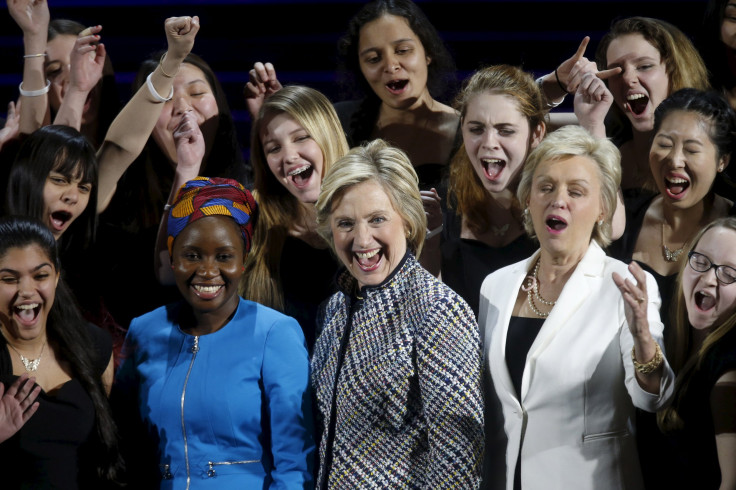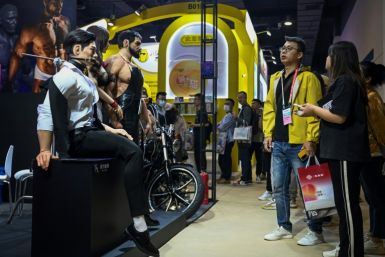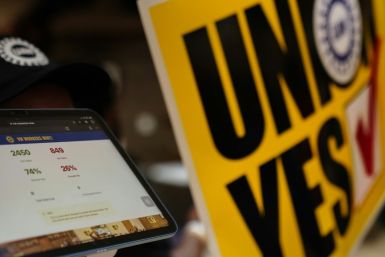Hillary Clinton’s Ambivalence On Hike In Federal Minimum Wage Creates Flutter

Hillary Clinton, the presidential hopeful of Democratic Party has declined to make her stand explicit on ideal national minimum wage, which is about hiking the national minimum wage. Campaigning in New Hampshire, Clinton took questions on the matter but gave an evasive reply that the ideal wage may vary depending on the location. “I support the local efforts that are going on making it possible for people working in certain localities to actually earn $15,” Clinton said in a response to a media query.
Support Not Revealed
Democrats in Congress have already put forward proposals to raise the federally mandated minimum wage to $12 an hour by 2020. The federal minimum wage has been at $7.25 since July 2009. The views of Clinton was eagerly watched as she previously said the U.S. wages need to be higher, without committing to a national minimum wage of $12 an hour.
During the media interaction, the Democratic leader put a raider and said there are different economic environments. “What you can do in Los Angeles or in New York may not work in other places,” Clinton added. It is learnt that those opposing the federal minimum wage are big and small businesses. In her campaign, more than once, Clinton said she wants to be a small-business president but wanted the minimum wage to be handled by local governments. Interestingly, other Democratic presidential candidates have different stand on the issue. Los Angeles is the largest U.S. city that increased minimum wage to $15 an hour.
Consensus Urged
At the same time, the support for federal minimum wages is growing. “I strongly support the national movement to raise the minimum wage to $15 an hour, because it will lift millions of families out of poverty and create better customers for American businesses,” said former Maryland governor Martin O’Malley. He said some people may this as hard to do. But leadership is all about forging public consensus and not following it. He said progressive values should be the guide on the issue and a way to rebuilding the American Dream. Vermont Senator Bernie Sanders also expressed support and said he supports raising the federal minimum wage to $15 an hour – an issue, he said, Clinton “has not been quite so clear on."
Unrest from Labour Class
Meanwhile, the American Federation of Teachers , a 1.6-million strong union of teachers, nurses and education faculty endorsed their support to Hillary Clinton, adding a working-class flavor and voice to her campaign. But it also caused fissures within the Union later on. “I’m honoured to have the support of AFT’s members and leaders, and proud to stand with them to unleash the potential of every American. Their voices and the voices of all workers are essential to this country,” Clinton said in response.
But the rejoicing followed volleys of protest from a section of teachers in far-flung areas, across the states. In the Facebook page of AFT, angry comments flooded. Those who favored Vermont Senator Bernie Sanders took to social media with their caustic comments. Some used Twitter to condemn the endorsement and many petitions were circulated online opposing the Union’s support to Clinton. For many in the working class, Sanders is a natural ally than Clinton, according to union members.
They see vacillation in Clinton’s position on various issues. An example is, Clinton embraced the Trans-Pacific Partnership as Secretary of State but distanced from it after becoming a Presidential candidate, saying she would support only if TPP meets high standards for workers and environment. They also cite Clinton’s ambivalence in supporting the cause of a national minimum wage at $15 an hour.
(For feedback/comments, contact the writer at k.kumar@ibtimes.com.au)






